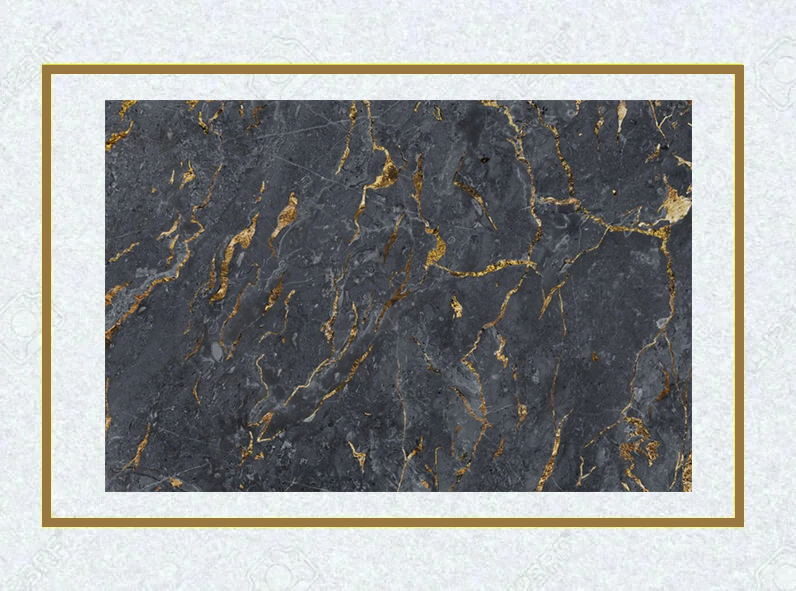When it comes to construction, it is absolutely necessary to use robust and dependable materials. One such resource is construction mortar – a versatile and durable option. Construction mortar prepared by top mortar manufacturers in Delhi usually involves a mixture of water, sand, and cement that is used to bind and seal construction blocks or bricks together. This material is the bedrock of efficient and sturdy construction.
However, applying mortar in cold weather can be a bit of a challenge. Here are some of the key considerations for using construction mortar in cold weather applications.
What is the Impact of Cold Weather on Mortar?
Cold weather, usually considered temperatures below 40°F, begins to affect the speed and success at which mortar cures. Freezing temperatures can cause the water in the mortar to freeze, which expands the mortar and can lead to cracking or weak points. This can obviously impact the integrity of any construction project detrimentally, and therefore, it must be carefully managed.
There is another problem. Cold weather often also affects workers’ health. Working with cold, damp mortar can lead to potential respiratory issues such as colds, bronchitis, and even pneumonia. These situations hamper productivity and slow down the pace of construction.
The question is – how can construction crew effectively apply mortar during colder months?
What are the Key Considerations for Cold Weather Applications of Construction Mortar?
There are three main factors that builders need to consider:
- Material Preparation:
When temperatures drop, it is important to ensure that the mortar mix remains warm. The materials, such as water, sand, and cement should be heated before mixing in order to avoid freezing in the application and curing process. Maintaining the correct temperature of the water and aggregates used in the mixture can help combat the effects of the cold. A temperature range of 4-32 degrees Celsius is generally considered safe.
- Protecting the Work Area:
The construction area needs to be adequately protected from the cold and any potential precipitation to prevent the newly applied mortar from freezing. This can involve using insulated blankets or heaters to maintain a warmer temperature.
- Curing Time:
The colder weather significantly slows the curing process, which means that the mortar needs to be protected for longer. This might mean leaving protective measures in place longer than usual or using an accelerant to speed up the curing process. Accelerants accelerate the hydration process, helping the mortar to set faster and reducing the risk of freezing.
An alternative option is to opt for antifreeze mortar from mortar suppliers in Delhi. This special type of construction mortar is specifically designed for colder climates and has built-in features that resist freezing and accelerate the curing process.
Conclusion
When proper considerations are made, construction mortar can be successfully used in a wide range of temperatures. Regardless, it is important to carefully monitor the weather conditions, adequately heat and mix the materials, protect the workspace, and ensure adequate curing time. This will go on to ensure that even during the cold season, your construction mortar will not end up freezing.






